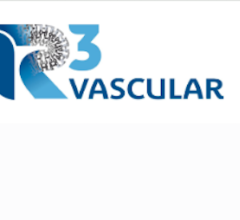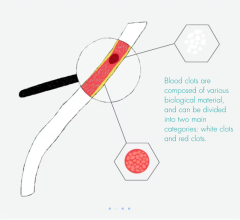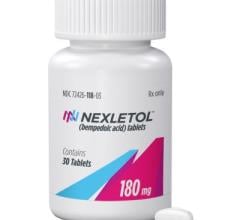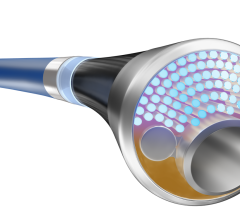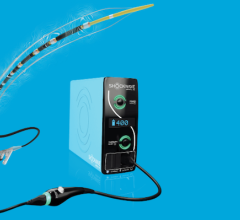
Abbott Acquires Peripheral Artery Disease Stent Maker IDEV Technologies
July 18, 2013 — Abbott announced that it has entered into an agreement to purchase IDEV Technologies, a privately held company focused on developing next-generation medical devices for use by interventional radiologists, vascular surgeons and cardiologists. Under the terms of the agreement, Abbott will acquire all outstanding equity of IDEV Technologies for $310 million net of cash and debt.
IDEV Technologies' products include Supera Veritas, a self-expanding nitinol stent system with CE mark in Europe for treating blockages in blood vessels due to peripheral artery disease (PAD). With its proprietary interwoven wire technology, Supera Veritas is designed to mimic the body's natural movement to promote blood flow in the treated area while offering strength and flexibility. These properties are particularly important when considering treatment for blockages in the blood vessels in the thigh and knee where rapid and frequent movement occurs with daily activities such as walking, sitting and standing.
In the United States, Supera Veritas is cleared only for the treatment of biliary strictures (narrowing of a bile duct) related to cancer. It is currently being reviewed under a premarket approval application (PMA) by the U.S. Food and Drug Administration (FDA) for treatment of the superficial femoral artery (SFA). It is not currently approved in the U.S. for that use. Supera Veritas has been studied in more than 1,500 patients in company- and physician-sponsored trials around the world, including a trial to support regulatory filings in the United States.
"The acquisition of IDEV Technologies will expand and complement Abbott's existing peripheral technology portfolio of guidewires, balloon dilatation catheters and stents, making it one of the most comprehensive and competitive portfolios in the industry," said Chuck Foltz, senior vice president, vascular, Abbott. "This technology has the potential to make a significant impact on the treatment of patients who suffer from peripheral artery disease, a growing concern around the world."
As many as 27 million people in Europe and North America suffer from PAD.[1] An increasing prevalence of PAD is expected to place further economic burden on the healthcare system, making timely and effective treatment an important consideration.[2] In patients with PAD, fatty deposits accumulate on the inner wall of the artery, causing blockages that reduce the flow of blood to lower parts of the leg. Patients with PAD can experience leg pain when walking and, if untreated, the disease can progress with severe consequences such as critical limb ischemia and amputation.
IDEV Technologies is headquartered in Webster, Texas. The transaction is expected to close by the end of the year and will not impact Abbott's ongoing full-year 2013 earnings-per-share guidance. The transaction is subject to customary closing conditions, including antitrust clearances.
For more information: www.abbottvascular.com
References:
1. Belch JJ, et al. "Critical issues in peripheral arterial disease detection and management: a call to action." Arch Intern Med 2003; 163(8): 884-892.
2. Norgren L, Hiatt WR, et al. "Inter-Society Consensus for the Management of Peripheral Arterial Disease (TASC II)." J Vasc Surg 2007; 45(Suppl S): S5-67.


 September 12, 2025
September 12, 2025 


